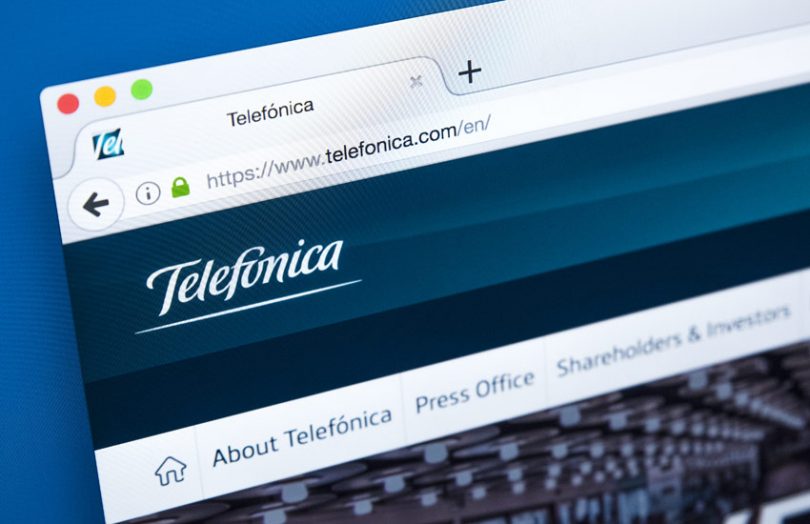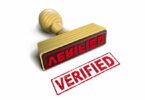Yesterday, Spanish telecoms firm Telefónica announced the launch of a blockchain-based certification service via its own TrustOS platform.
The service targets corporates and allows them to authenticate documents, transactions or digital content by generating digital evidence of authorship and also the fact that the item has not been changed.
Typically, handling paper documents brings about a number of problems. First, they are susceptible to document forgery and carry the risk of being lost or spoiled. Paper document verification also often takes time since the document issuer can only do so manually.
Telefónica aims to combat this through a blockchain service that combines the user’s digital signature with the document’s digital fingerprint or hash and a timestamp.
Internally, Telefónica’s legal department is using the solution. That includes using blockchain to keep a log of emails in case of disputes, although the content will not be visible on the blockchain.
“The incorporation of innovative technologies such as blockchain in the management of contracts and legal documentation, in general, is a key step for the secure digital transformation of companies,” said Luis Prendes, Global Head of Legal Affairs at Telefónica.
However, it envisages numerous other applications for clients, such as certificates of attendance at training courses, proving the authenticity of limited edition products, and logging evidence for insurance claims.
In terms of technology, TrustOS is blockchain agnostic. Hence it is integrated with multiple blockchain flavors.
Telefónica has been active in the blockchain sector in two ways. One is promoting its TrustOS solution and cloud hosting for blockchain. To that end, in February of this year, it partnered with Spain’s Alastria consortium for hosting an enterprise blockchain network based on Hyperledger Fabric. Alastria already supported two Ethereum blockchain flavors.
The second Telefónica activity area is the use of blockchain by telecoms firms for roaming agreements and payments.
Meanwhile, this week, the Indian state of Maharashtra announced a new blockchain application for document authentication, focusing on the issuance of educational certificates.






